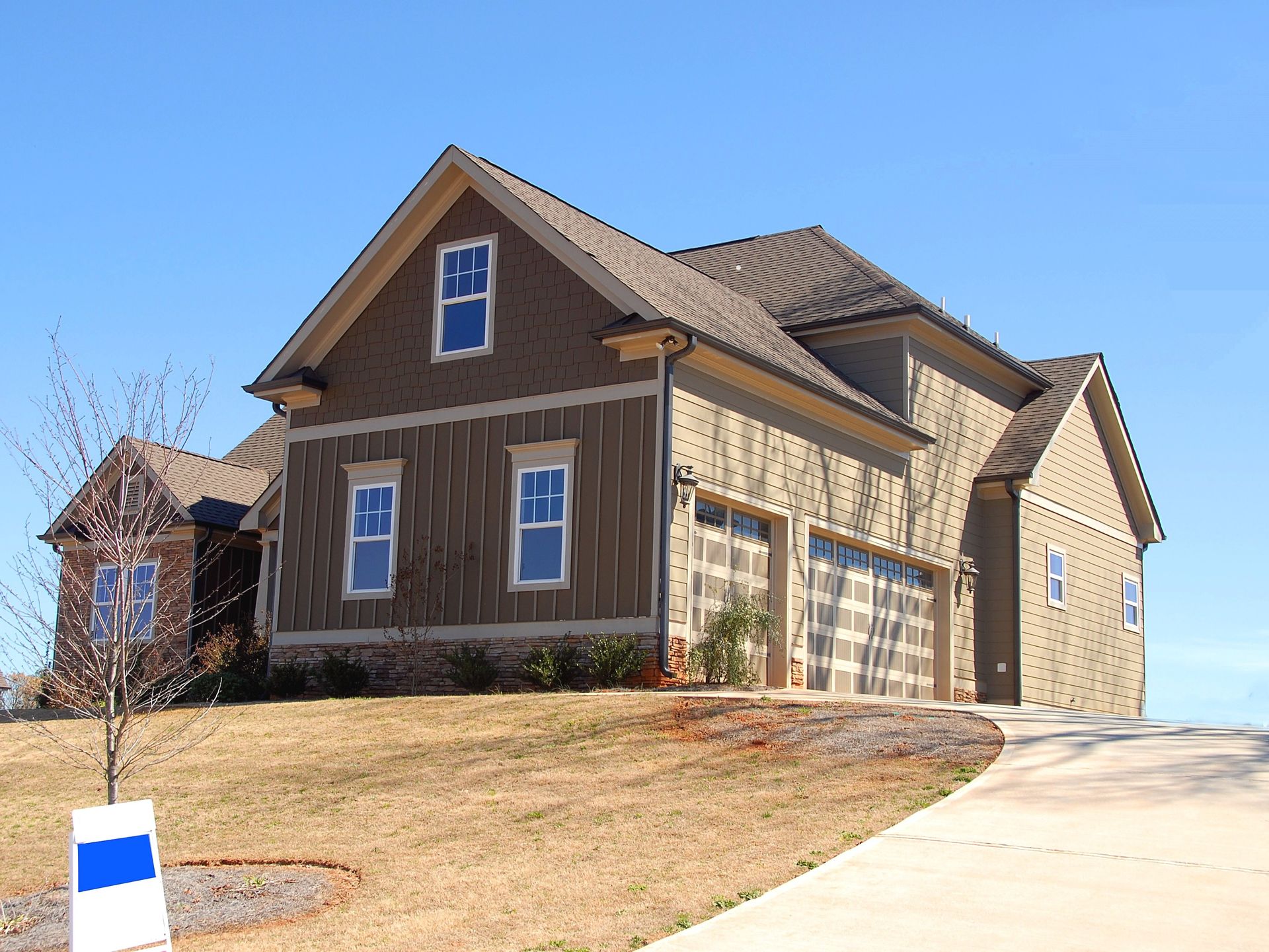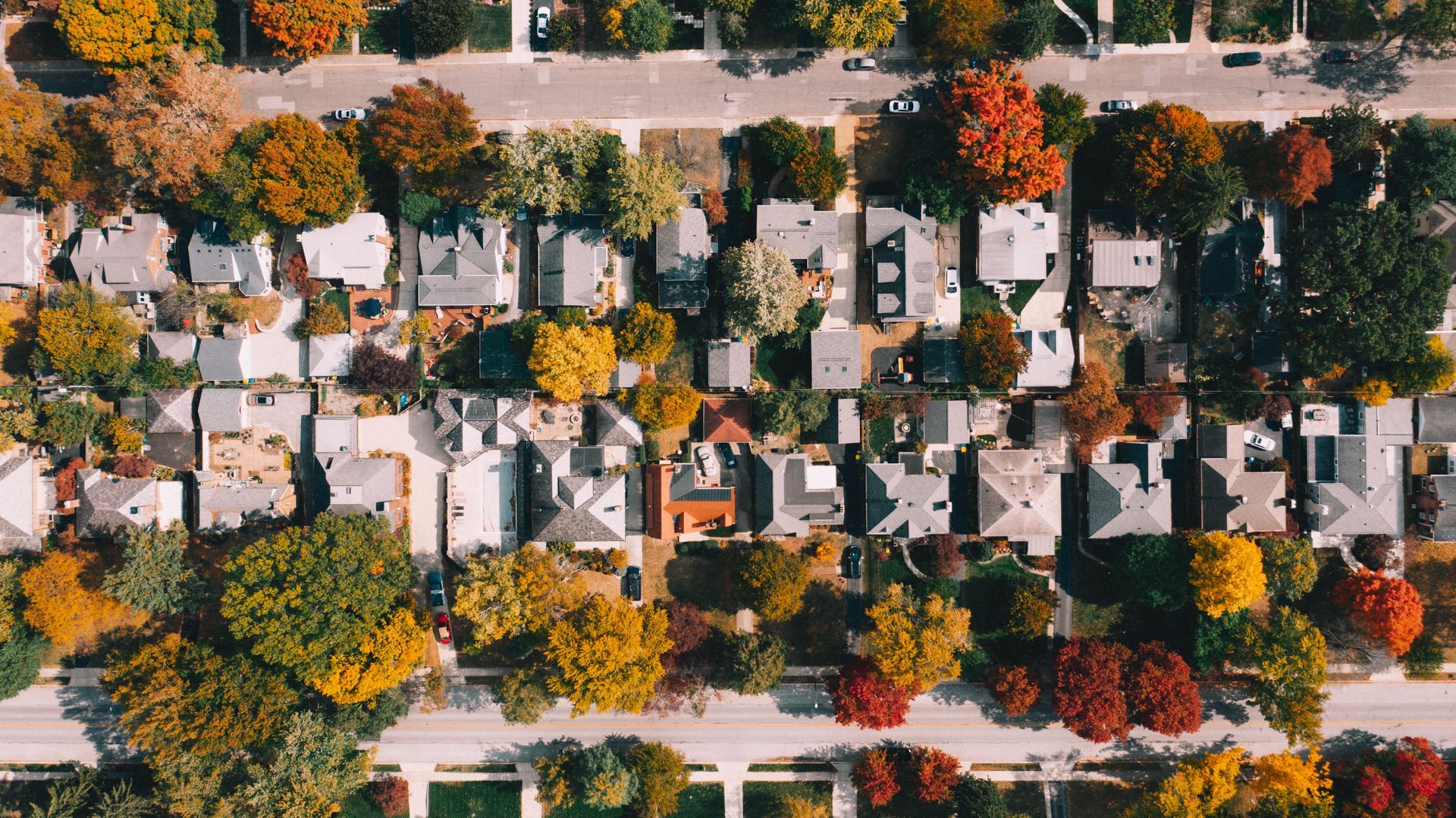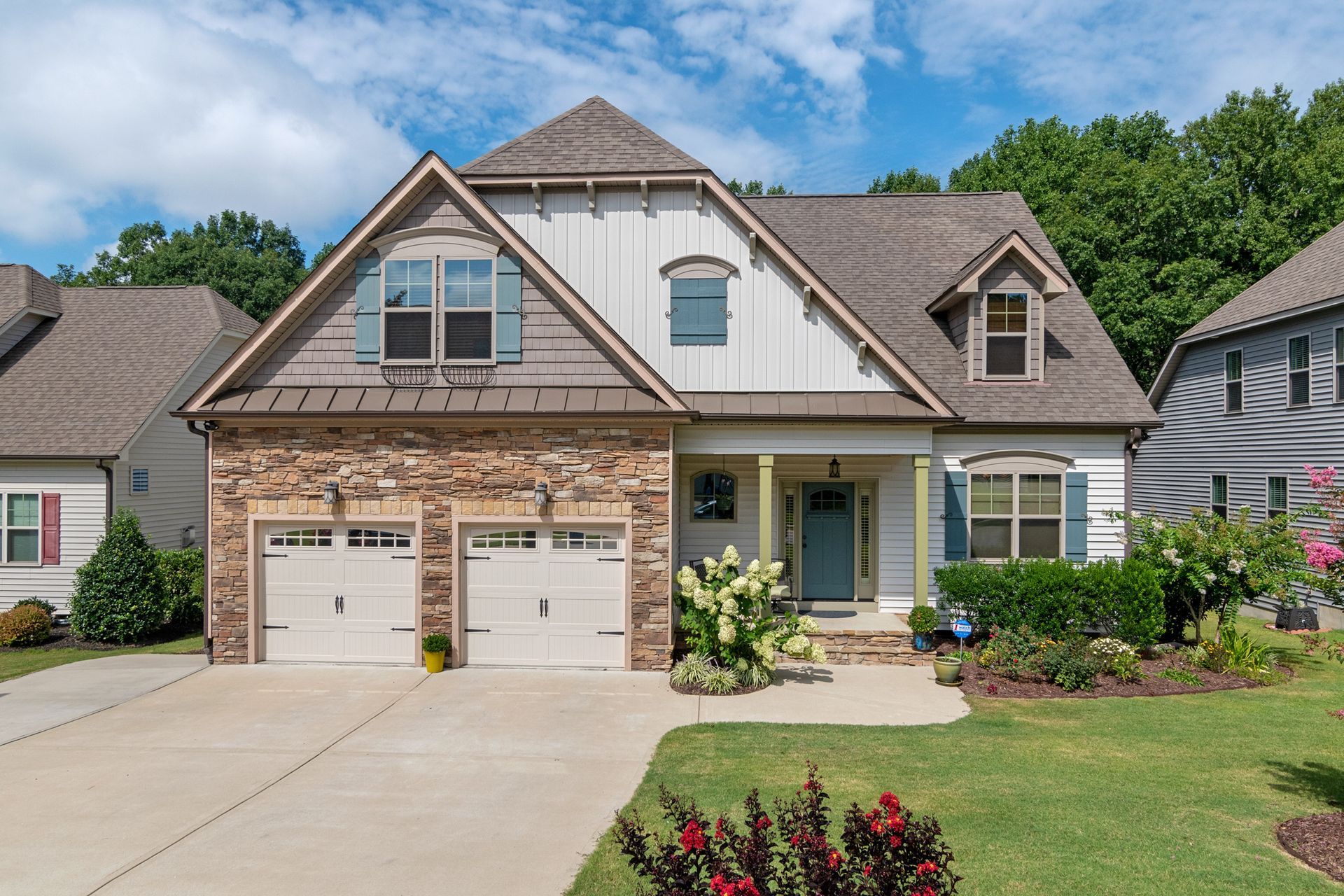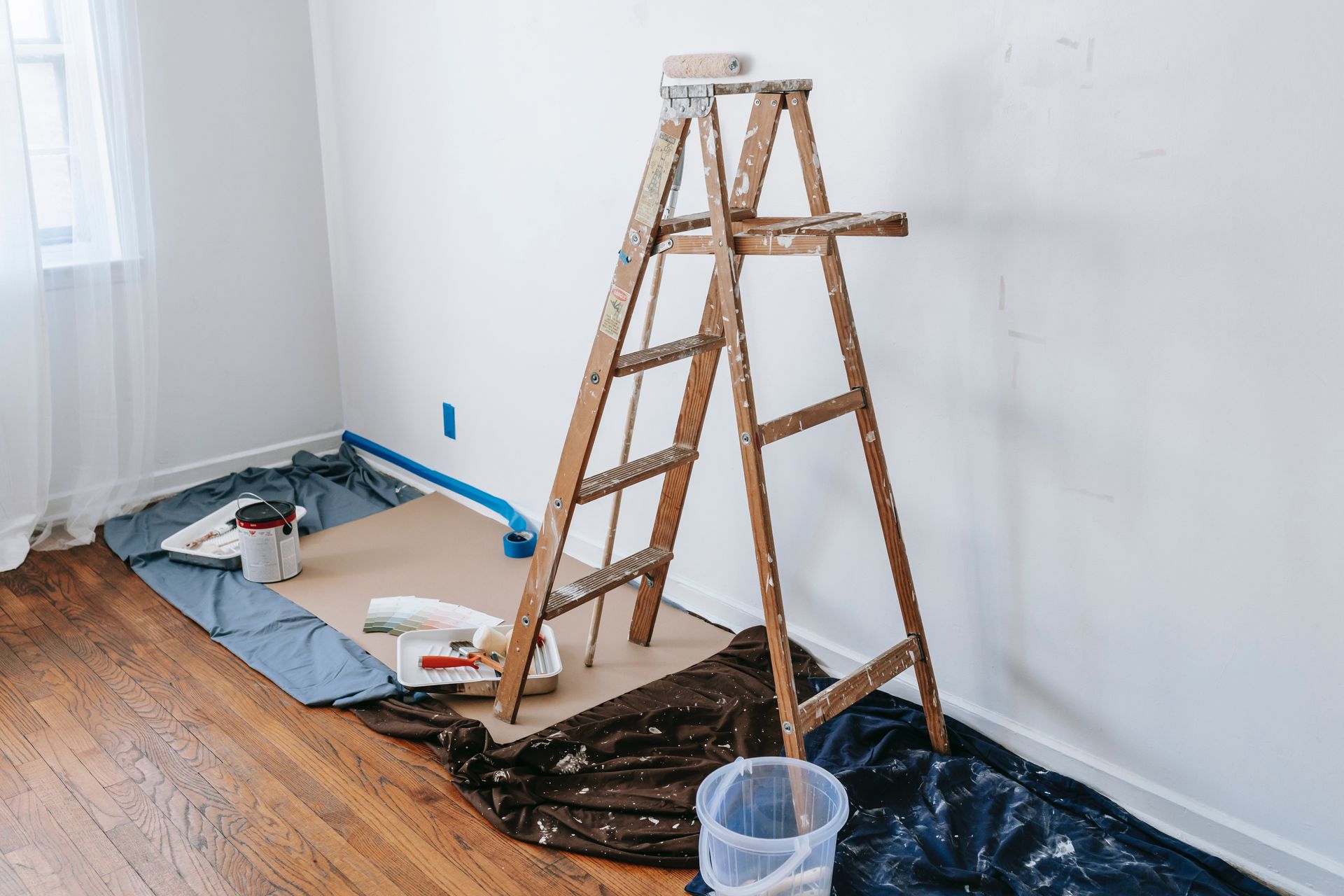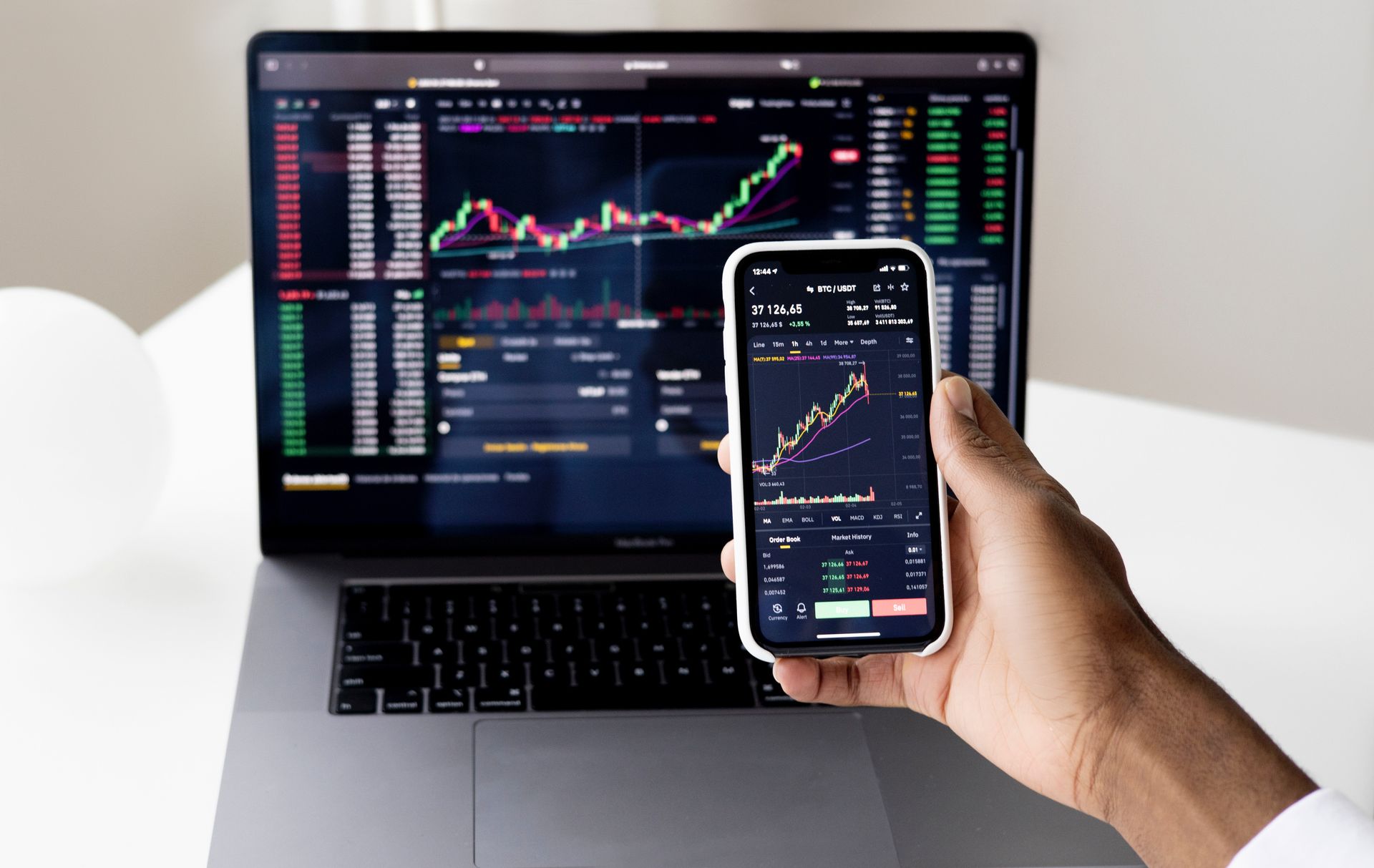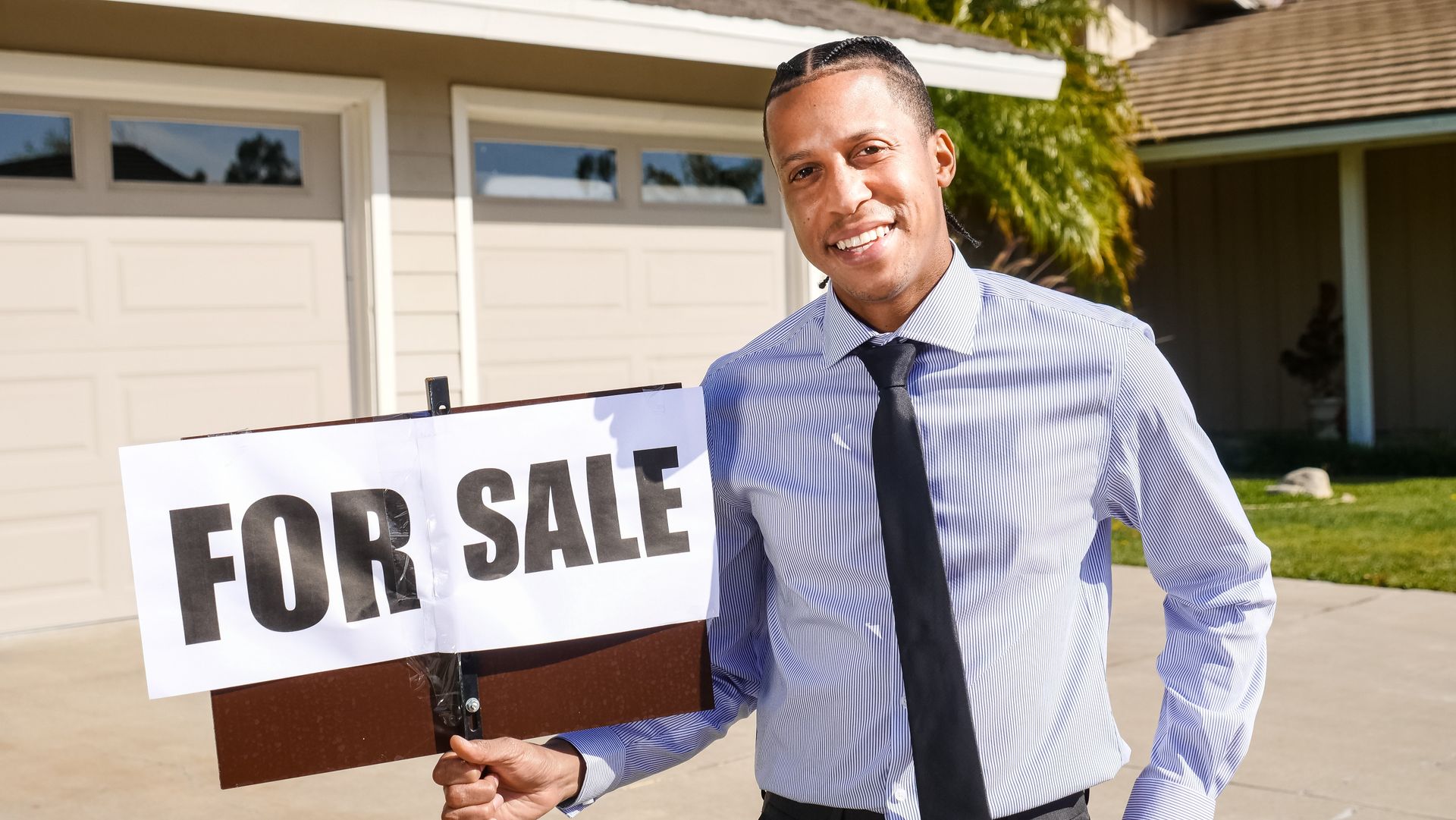Sustainability and Real Estate
Trends and Challenges in 2023
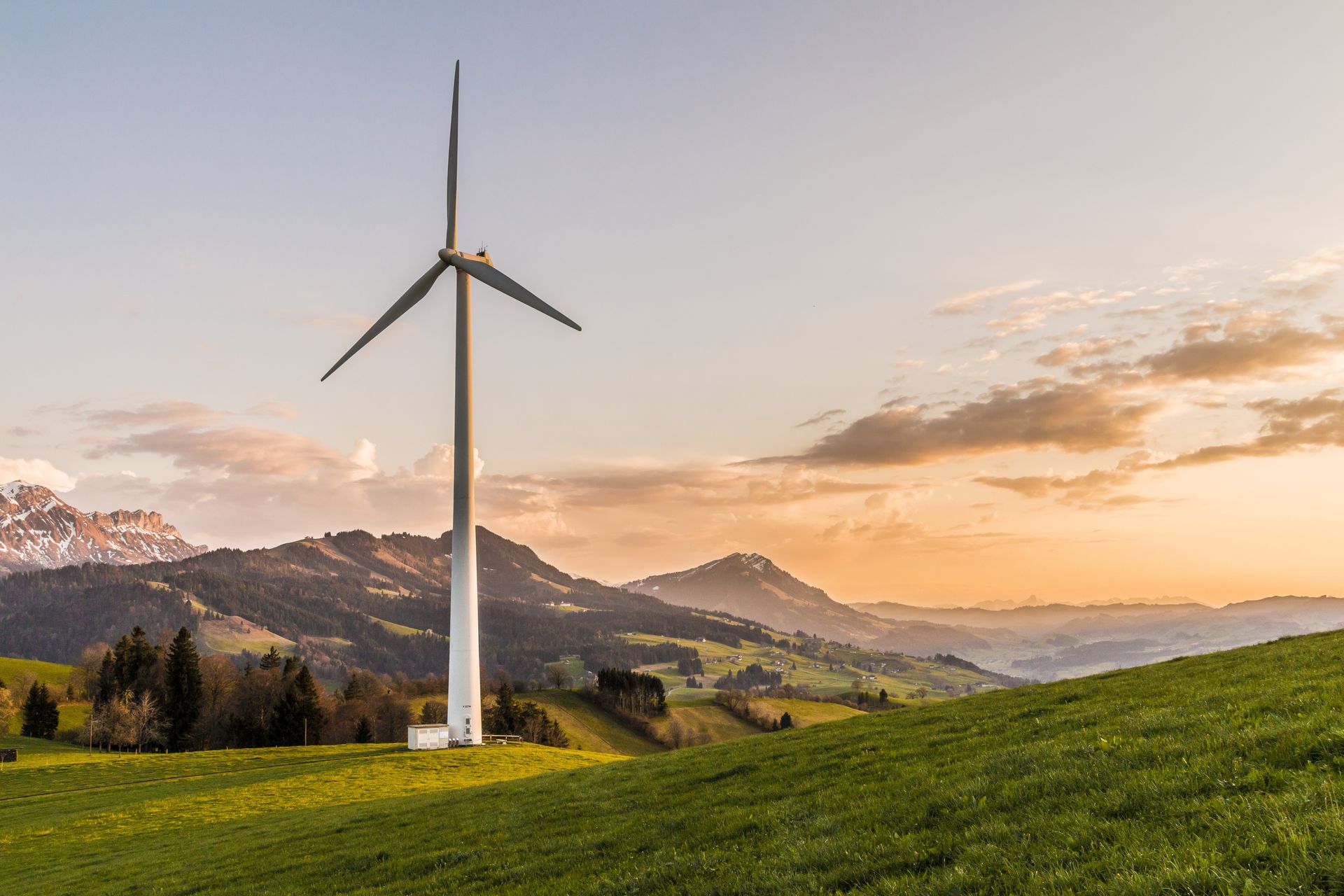
As the world becomes increasingly conscious of environmental issues, sustainability has emerged as a critical factor in the real estate industry. In 2023, the integration of sustainable practices and eco-friendly solutions is transforming the way we design, construct, and operate buildings. In this blog post, we will explore the latest trends and challenges surrounding sustainability in real estate, highlighting the importance of embracing a greener future.
- Green Building Certifications: One of the most prominent trends in sustainable real estate is the widespread adoption of green building certifications. Certifications like LEED (Leadership in Energy and Environmental Design) and BREEAM (Building Research Establishment Environmental Assessment Method) provide frameworks for evaluating the environmental performance of buildings. Developers and investors are increasingly prioritizing these certifications to demonstrate their commitment to sustainability, enhance property value, and attract eco-conscious tenants.
- Energy Efficiency: Energy-efficient buildings are gaining momentum, with a focus on reducing energy consumption and minimizing carbon footprints. Advanced technologies, such as smart lighting systems, energy-efficient appliances, and renewable energy sources, are being integrated into new constructions and retrofitted into existing buildings. Energy-efficient design not only benefits the environment but also helps occupants save on utility bills, making it a win-win solution.
- Sustainable Materials and Construction: In 2023, sustainable materials and construction practices are at the forefront of real estate development. Builders are opting for eco-friendly materials, such as recycled and locally sourced products, low-emission paints, and sustainable flooring options. Additionally, construction techniques like modular construction and adaptive reuse of existing structures are gaining popularity, reducing waste and minimizing environmental impact.
- Wellness and Biophilic Design: Wellness-focused design and biophilic elements are becoming integral parts of sustainable real estate. Biophilic design aims to reconnect people with nature by incorporating natural elements such as green walls, rooftop gardens, and ample natural lighting. Additionally, wellness amenities like fitness centers, meditation spaces, and health-focused building standards contribute to the overall well-being of occupants, fostering a healthy living environment.
- Overcoming Challenges: While the sustainability movement in real estate is gaining traction, there are challenges that need to be addressed. Cost considerations, lack of standardized metrics, and resistance to change remain barriers to widespread adoption. However, innovative financing options, increased consumer demand, and government incentives are helping to overcome these hurdles, encouraging the industry to embrace sustainable practices.
Sustainability is no longer just a buzzword in the real estate industry; it has become a crucial aspect of development and investment decisions. The trends in 2023 reflect a growing commitment to creating environmentally responsible buildings that prioritize energy efficiency, occupant well-being, and the use of sustainable materials. By embracing sustainable practices, the real estate industry can play a significant role in mitigating climate change and creating a more sustainable future.
Whether you're a developer, investor, or potential buyer, it's essential to consider sustainability when making real estate decisions. By partnering with professionals who understand the intricacies of sustainable real estate, you can navigate the changing landscape and leverage the benefits of sustainable design and construction.
Embrace the sustainability revolution in real estate and be a part of the positive change. To learn more or discuss sustainable real estate opportunities, contact us! Together, let's build a greener future.
Interested in sustainable real estate? Contact us today at (816) 737-8571 to explore how you can contribute to a greener future through sustainable design, construction, and investment strategies. Let's make a difference together!

